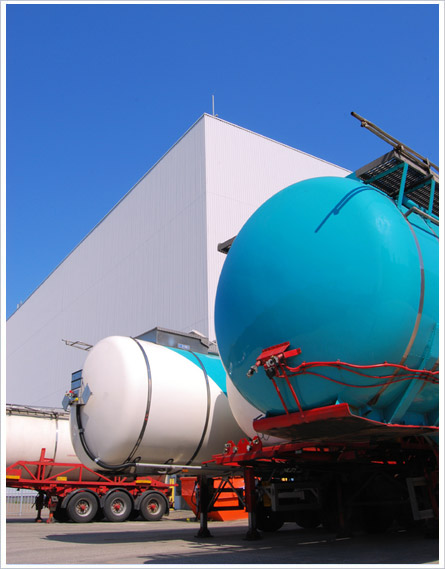About Us
 Premo Fuel Maintenance Pty Ltd was founded by Alan Conyngham and registered in 1988. Since that time we have endeavoured to provide a valuable service in the maintenance of stored diesel fuel. We are proud to be able to include amongst our clientele major banks and financial institutions, insurance companies, major property maintenance companies, public and private hospitals throughout Sydney and a large number of independant high rise properties.
Premo Fuel Maintenance Pty Ltd was founded by Alan Conyngham and registered in 1988. Since that time we have endeavoured to provide a valuable service in the maintenance of stored diesel fuel. We are proud to be able to include amongst our clientele major banks and financial institutions, insurance companies, major property maintenance companies, public and private hospitals throughout Sydney and a large number of independant high rise properties.
Work quality and customer services is our first motivation and prime objective.

Problems associated with bulk storage of diesel fuel.
Diesel is an organic fuel. It provides an ideal environment for microscopic fungi, yeast and bacteria to feed and grow. Its environment can include:
- Dissolved water for germination
- Carbon for food
- Oxygen and sulphur for respiration
- Trace elements for growth and propagation
 As many as 27 varieties of bacteria are responsible for the majority of problems with diesel engines and their performance. These many differing types of bacteria infect diesel systems and form bio-films on steel surfaces. Accelerated corrosion occurs wherever the bio-film settles, usually around pits or crevices. Unlike general corrosion, it is an attack on a very specific area.
As many as 27 varieties of bacteria are responsible for the majority of problems with diesel engines and their performance. These many differing types of bacteria infect diesel systems and form bio-films on steel surfaces. Accelerated corrosion occurs wherever the bio-film settles, usually around pits or crevices. Unlike general corrosion, it is an attack on a very specific area.
Bacteria specifically, and fungi, are natural to our atmosphere and the air we breathe. Bacteria in particular are the basis of life on earth and so, obviously, cannot be totally eliminated. Fungi, whilst not natural and primary to life, is also air borne.
There are many groups of both bacteria and fungi that can live in, and are attracted to, the nutrients found in distillate. As diesel fuel storage tanks are breathed open to the atmosphere via vent pipes, it follows that the fuel contained therein is always at risk of bacterial and fungal contamination. Both contaminants require water, as in the atmosphere, and indeed water is the catalyst. Condensation forms within the tank and, with the rise and fall of temperature, droplets falling into the fuel start the contamination process. Eventually, the bacteria and fungi become capable of life solely within the fuel phase alone. Should free water be evident, bacteria and fungi will be prolific in the tank ecology.
While bacteria are not visible to the naked eye, there are nonetheless indications of its presence and of high contamination levels. A sweet or less than distinctive distillate smell is the first. Water paste on a dip stick showing water droplet markings up in the fuel phase is another, as strong bacterial contamination can hold droplets in suspension.
Fungi, being a plant or mould such as you see on rock in wet areas, are visible and therefore its presence may be obvious. It will be either inert fungal material from the tank floor or live material a few microns in diameter, still floating in the fuel. Fungi does not permeate the total fuel phase but lives more in colonies, either free floating or growing on the tank walls, etc.
